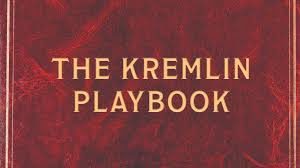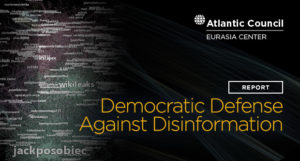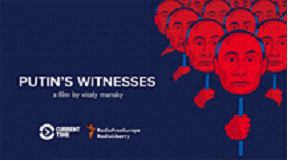Russia’s brazen interference in the 2016 American presidential election shouldn’t have been a total shock, says Matt Apuzzo, a two-time Pulitzer Prize-winning investigative reporter based in Brussels. President Vladimir Putin’s government had done it before, almost a decade earlier in tiny Estonia, where Russian operatives provoked political violence and mounted malicious cyberattacks, he writes for The New York Times:

CSIS
In fact, many of the methods Moscow used back in 2007 to disrupt Estonian democracy are eerily similar to tactics Russian operatives used to hack American politics — an effort that intelligence officials and security experts warn is still underway. “The Weekly” travels to Estonia, where Apuzzo pieces together clues hiding in plain sight, and he examines how vulnerable American democracy is to Russian hackers well-practiced in spreading disinformation, exploiting political differences and sowing chaos and mistrust.
Russia’s Playbook for Disrupting Democracy is broadcast on Sunday at 10 p.m. on FX and on Monday on Hulu.
The Baltics’ experience suggests that hybrid warfare is neither new, nor unique. At the same time, it is a useful concept when analysing today’s security setting, analyst Mikael Weissmann writes. It provides an operationalisation of the broader concept of asymmetric warfare, which is needed to understand and account for warfare and threats in today’s world, including – but not limited to – the case of Russia.
 Russian influence operations during the 2016 US elections, and the investigations that followed, revealed the broad scope of Russian political warfare against Western democracies, adds Alina Polyakova, the founding director of the the Brookings Institution’s Project on Global Democracy and Emerging Technology, Since then, Russian operations have targeted the UK, France, Germany, Ukraine, and others. Other state and non-state actors, motivated by politics or profit, have also learned and adapted the Kremlin’s tool-kit.
Russian influence operations during the 2016 US elections, and the investigations that followed, revealed the broad scope of Russian political warfare against Western democracies, adds Alina Polyakova, the founding director of the the Brookings Institution’s Project on Global Democracy and Emerging Technology, Since then, Russian operations have targeted the UK, France, Germany, Ukraine, and others. Other state and non-state actors, motivated by politics or profit, have also learned and adapted the Kremlin’s tool-kit.
With the 2020 elections a year away, what have we learned about foreign information operations? asks Polyakova, co-author with National Endowment for Democracy board member Daniel Fried of a recent Atlantic Council report, Democratic Defense Against Disinformation 2.0. How has the transatlantic community responded and what are the threats we are likely to face? Dr. Polyakova will discuss Russian Political Warfare: Past, Present, and Future at Stanford’s Freeman Spogli Institute. November 12, 2019 12:00 PM – 1:30 PM RSVP
Putin’s Witnesses (Свидетели Путина), an award-winning film by Vitaly Mansky documenting the events that followed the unexpected resignation of Russian President Boris Yeltsin in December 1999 and brought Vladimir Putin to power, is one of 12 documentary films selected for nomination for this year’s European Film Awards, RFE/RL adds. Current Time supported the production of Putin’s Witnesses, and was the first media outlet to air the film for audiences within Russia on December 31, 2018. Often referred to as the “European Oscars,” the European Film Awards honor the greatest achievements in European cinema. The “European Documentary 2019” award winner will be announced during the awards ceremony on December 7, 2019 in Berlin.







